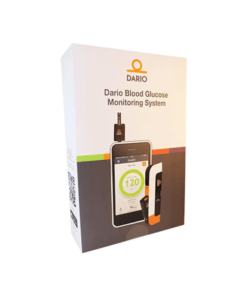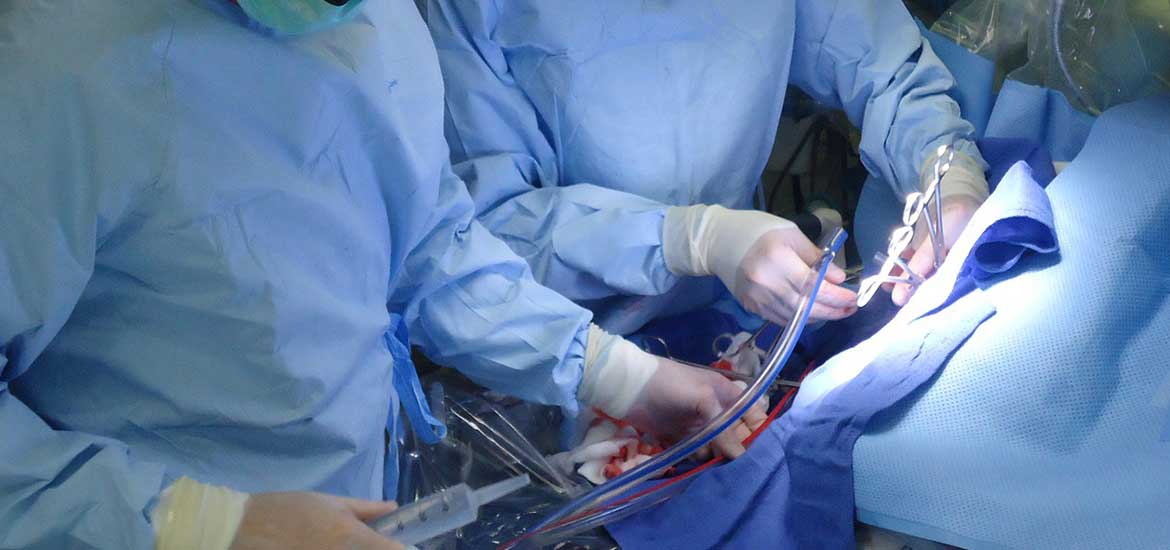Diabetes Learning Center, Diabetes Management, Diabetes Treatment, Glucose Monitoring, Surgery, Weight Loss
WEIGHT LOSS SURGERY FOR TYPE II DIABETES
Type II diabetes and obesity are often tied together making the control of diabetes, high blood pressure and cholesterol very difficult. In the past decade, some experts have recommended weight loss surgery procedures for obese patients who have a difficult time exercising or committing to life changes. Studies now show that weight loss surgery may be the right option for some patients.
Surgery is not necessarily the best choice to treat obesity. The best choice is to enroll in a physical exercise program and change your lifestyle. Conservative measures do work in some people if one remains dedicated and motivated. However, in many people changes in lifestyle and weight loss drugs usually do not help lower body weight and hence doctors recommend weight loss surgery.
Does Weight Loss Surgery Help?
Yes, there is now ample evidence indicating that weight loss surgery in obese diabetics can make a significant difference. Studies show that after successful weight loss surgery, individuals gain better control of blood sugars, notice a lowering of their blood pressure and lipids. In addition, loss of weight improves self-esteem and confidence.
So, Who Is the Right Candidate for Weight Loss Surgery?
If you are a type 2 diabetic with a BMI of 30 and have one comorbid disorder like hypertension, heart disease or arthritis, you are a candidate. Prior to the procedure all patients undergo a thorough evaluation to ensure that they can withstand the surgery and are willing to make post-surgery lifestyle changes that are necessary to ensure they sustain the weight loss.
There are several types of weight loss procedures. The Lap Band which was widely used in the past is no longer a recommended procedure today. The initial procedure of choice for weight loss is a gastric sleeve. With this procedure a large segment of the stomach is removed and only a sleeve is left. This surgery leaves very little stomach so you immediately feel full. In addition, the surgery also makes you feel less hungry. When done correctly gastric sleeve resection can help people lose weight. On the flip side, it cannot be reversed. Moreover, you’ll also need to commit yourself to taking certain vitamins and minerals for the rest of your life.
There are other bypass procedures used for weight loss surgery but they are often done only after the gastric sleeve has failed. While bypass surgery is more effective than gastric sleeve for weight loss, it is also associated with more complications.
Weight loss surgery for type 2 diabetics may be covered by some insurance plans. For those who lack medical insurance, the surgery costs can range from $30,000 and upwards. Since the surgery is done using small incisions and a camera, the recovery after surgery is fast and less invasive than if it was done with a large incision. The weight loss is gradual process and starts to peak around 6-9 months. Following weight loss surgery it is highly recommended that you continue to exercise and control your diet.
After weight loss surgery, some patients may develop redundant or loose skin that may require removal via a small surgical procedure.
All type 2 diabetics need to understand that weight loss surgery is never an emergency. Speak to your surgeon and make sure to get a second opinion before committing to the procedure. The surgery should be done only if you are the right candidate for it.

 Dario Smart Glucose Meter Kit | For smartphones with audio jack
Dario Smart Glucose Meter Kit | For smartphones with audio jack 